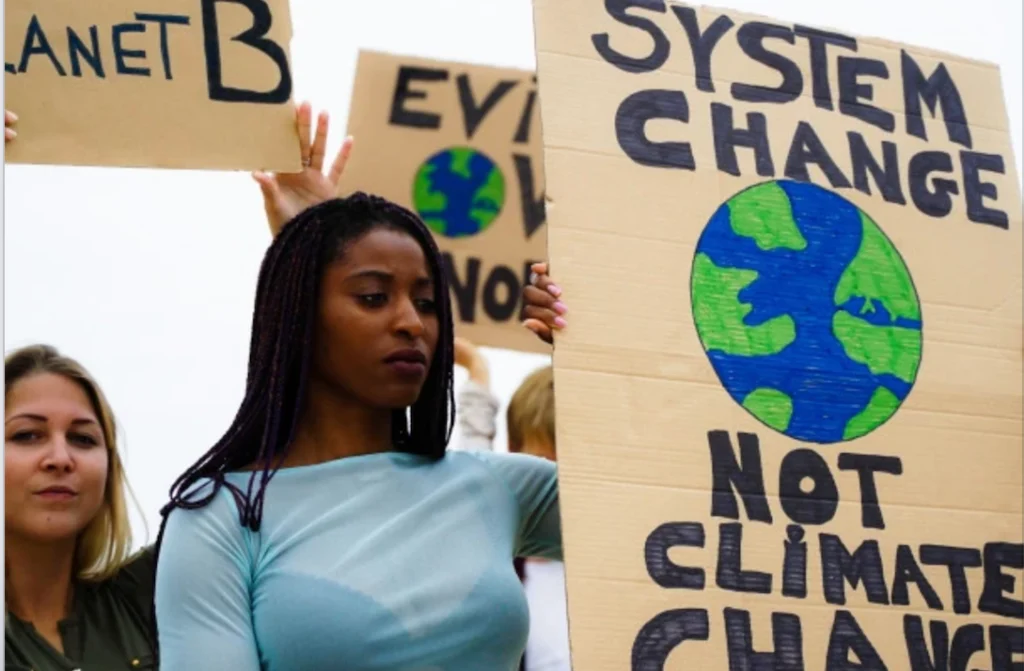Rising temperatures and oncoming climate disasters are no surprise. Already on the verge of climate change being irreversible, we still lack proper infrastructure and mindsets in order to achieve a sustainable way of living.
The climate crisis also has implications to social hierarchal standards as well, disproportionately impacting low income civilians, people of color, and women. The climate crisis was more likely to affect marginalized as well as racial and ethnic minority communities. A UN study finds that women are 80 percent more likely to be displaced during times of climate crises, and were 68 percent more affected by health impacts related to climate change than men. Last week, I joined GirlRising, a foundation that aims to increase the access to education for girls around the world. As a GirlsRising member, one of our new initiatives is to drive investment in girls education to help solve the climate crisis.
GirlRising believes well educated girls are extremely impactful in creating a sustainable environment. In fact, research finds that female leaders are more likely to invest in climate friendly policies. Women also make significant contributions to the agricultural sector through planting and harvesting. This access to education also helps girls build resilience in their respective communities as well as develop the knowledge needed in order to drive change so they can help in the fight to develop a sustainable way of living. Increasing access to education (boys & girls) and raising awareness about the implications of climate change, go hand in hand as we fight develop a sustainable way of living. The more we invest in education, the more likely we are to have innovators, developers, and researchers who are willing to build a more sustainable and eco-friendly world. Increasing access to education for girls around the world is crucial in the fight to stop the climate crisis.




